Interview: Jatinder Verma Sums Up His 40 Years With Tara Arts
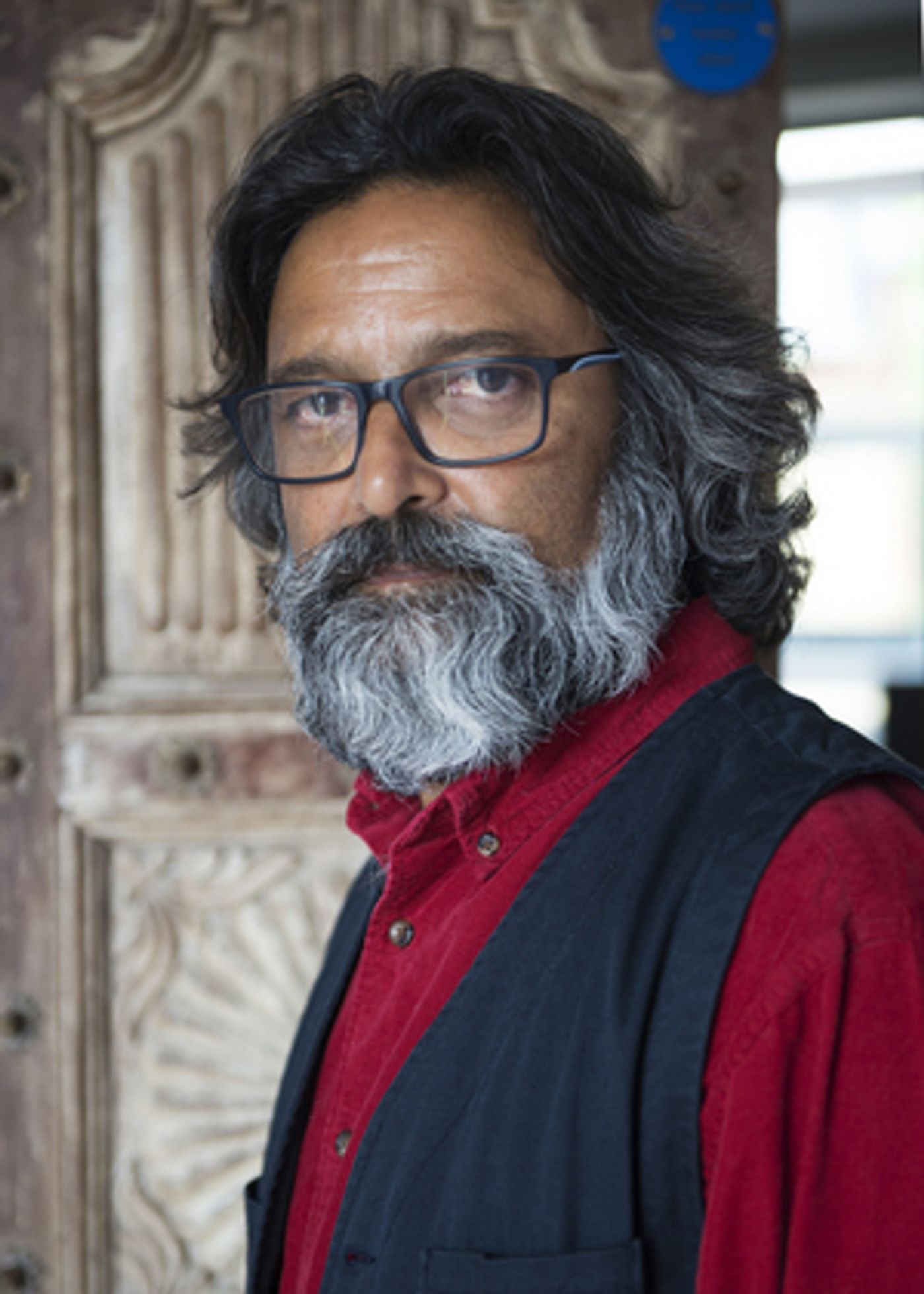
After 40 years of leadership, Jatinder Verma is stepping down as artistic director of Tara Arts in January. Following its conception in 1977, he's turned his company from a community project to a prominent presence on the British theatre scene.
In recent years, Tara Arts has also become the first (and so far only) BAME-led company with their own theatre building.
We had the pleasure of chatting with Verma, who summed up his groundbreaking journey and took a look at the state of the industry.
How would you sum up your time with Tara Arts?
It's been an extraordinary journey, way beyond everything that I thought of when we began. Part of the extraordinary thing is this very large family that's grown up with it - both of artists and of audiences. That makes me feel as if the future is bright.
Do you think the industry has actually changed since you started out?
There are some indications of change, clearly. We're seeing more variations of actors, writers, directors on our stages compared to what it was like in the mid-70s when we started. That's great. Also, looking at one of our achievements, we now have a building. The first and only BAME-run theatre building in the country. Those are important indices of change.
We've seen more BAME artistic directors too. Diversity has taken on a whole different part in the thinking of the industry. I suppose there's also a lot more caution. We need to be aware that simply seeing more people of colour doesn't mean that the problem has been solved, that the issue is done and dusted. To give you one very, very simple statistic: the BAME population of the country is around 15%, Arts Council support for BAME companies and individuals nationally amounts to 2%.
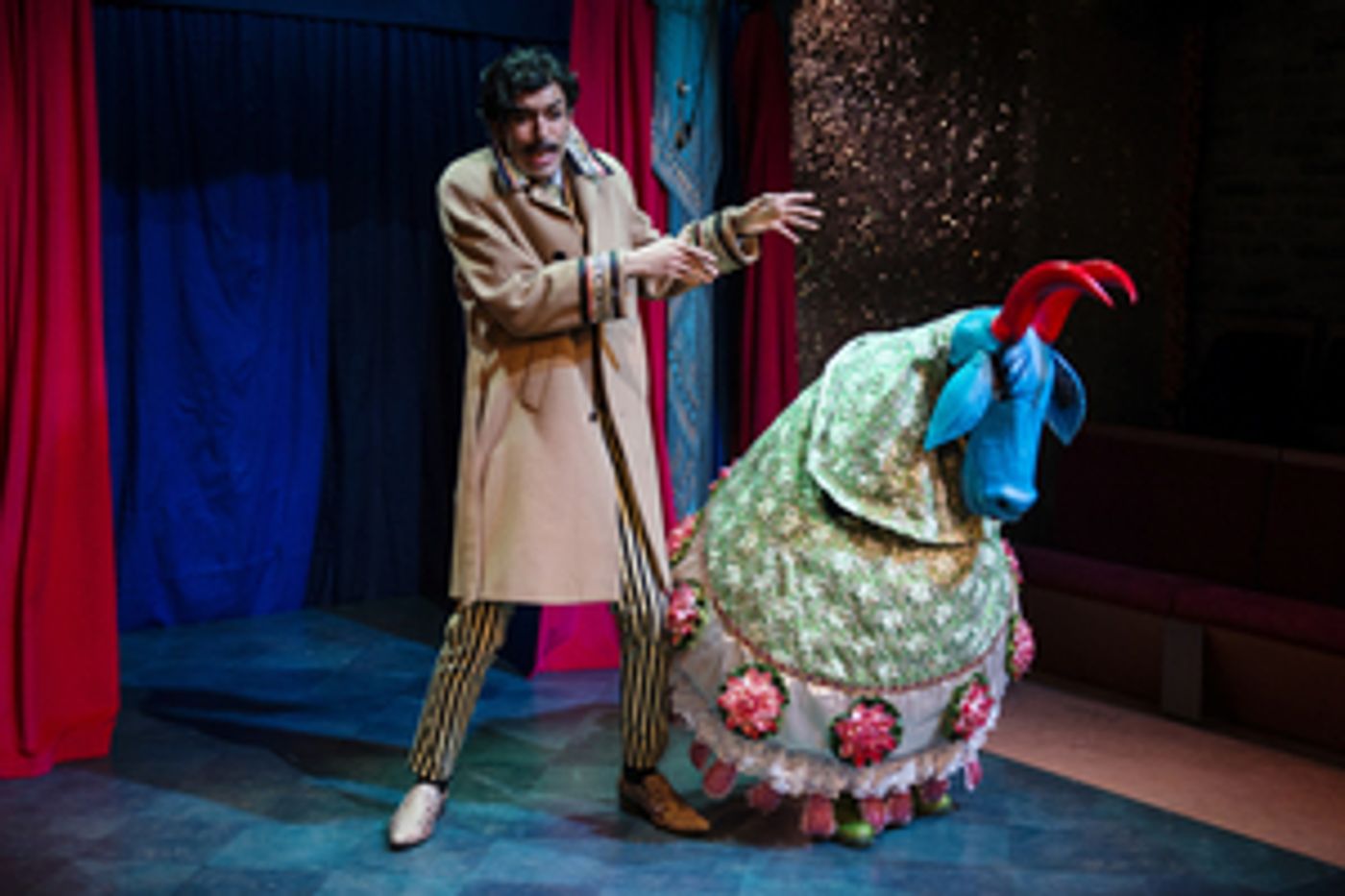
in Bollywood Jack (2016)
There's an enormous disparity that comes out simply with this one statistic. One of the things that we were concerned with at the beginning - and what took up a big part of these 40-odd years - was to get our own stories onto the public stages. And that is happening. But it seems to me that it's still not to the extent that one would hope for.
What I mean by that is that when we look at the training within the industry, how much do we study Indian authors? Or authors from Africa? How much do we actually engage with other forms of theatre? We don't. There's still a sentiment that there is a dominant culture and that everyone else has to fit in there. Tara seems to me a continuing challenge to our entire industry. Tara is not enough. Beyond colour lies culture.
What's the biggest challenge you faced in these 40 years?
I think it's been the daily challenge of trying to connect to people. What I mean by that is that I've always felt that, while I make no bones of the fact that I'm producing plays from classic Shakespeare to an Indian play from an Asian perspective, my objective is to connect with non-Asians. What I have in my imagination can also enter someone else's imagination and can shape their art.
For me that's a continuing challenge. To an extent, I am not alone in this. Where engagement with us stops is at the point of "Oh, it's Asian, or Indian" not "What does it mean to me?". How are we connected in terms of values, or experiences? That, I think, is still a long road to go.
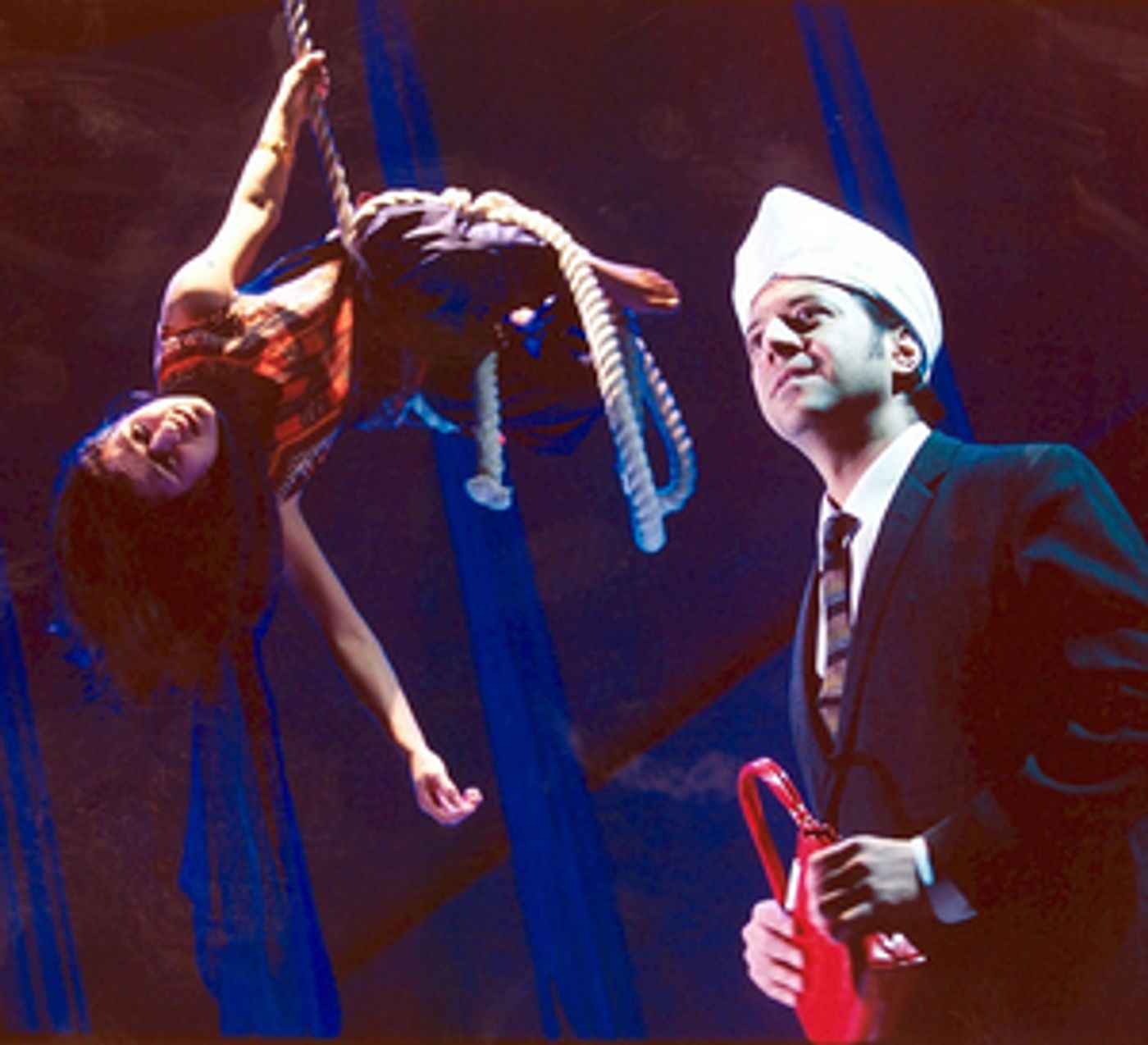
in Journey to the West (2002)
What would you do to make sure that the industry goes in the right direction?
There should be more theatres like Tara Theatre. These places which, in their architecture, business, and artistic philosophy are about - to use that famous word from the BBC's comedy series Twenty Twelve - "multiculturality" in a way that positively welcomes that. It's still a shame that there's only this one theatre in the country; there should be so many more. That's number one.
I think the second thing is that there has to be a greater degree of equity, a redressing of the balance of power. That has to do with the way in which funding is allocated. It seems to me that it goes beyond the funding issue, even though the statistics are terrible. When we look at the curriculum in primary schools and so forth, why is it that other literatures are not being studied? We have to engage with them.
That doesn't necessarily mean that we need a person of colour. A person of colour is not necessarily going to be the right person. All I mean by that is that you can't just depend on the fact that if we have a person of colour they'll introduce us to a whole wealth of African or Asian literature - forget it! That's everyone's job!
You must have seen so many artists come and go. What makes a great theatre-maker? What makes them have a lasting presence on the theatre scene?
I think that none of us can escape an absolute fiery commitment. And that, you see and recognise not only through the length of time someone's work is on, but even at the moment when they're creating it. There's a fearless feeling that whatever they're doing is vitally important to them and they have to do it now.
They communicate it in that sense to everyone who's there. I think part of that is they're helping us to get beyond ourselves. That's our job in the theatre: to make us imagine another life, another world which might be very different and unfamiliar to us, and to make us feel that it's true.
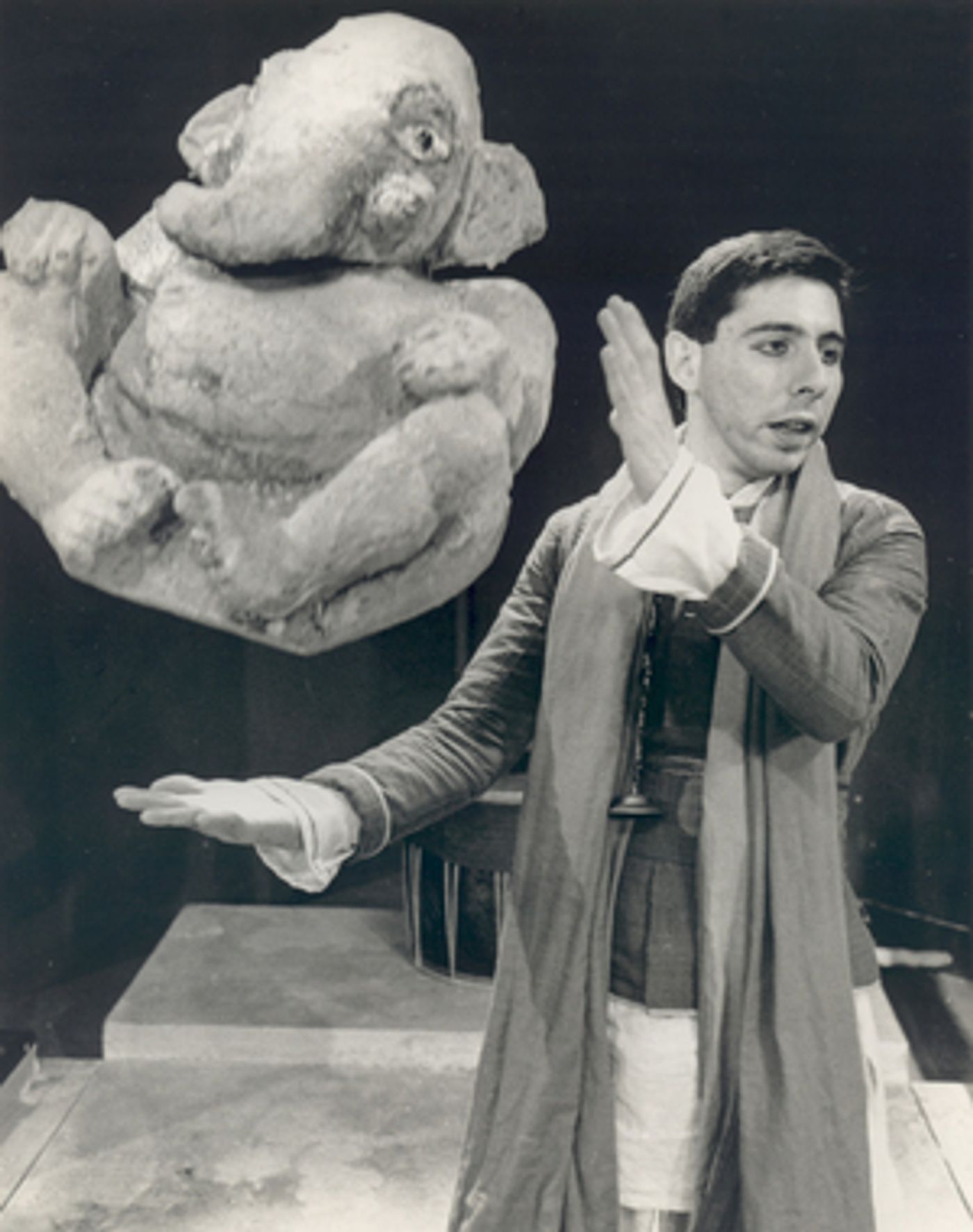
Is there anything you wish you did in your career, but didn't do?
There was a play that I had to cancel. The play itself wasn't controversial, but it just happened that a number of actors had to pull out. This is in the early days when it was very, very difficult, particularly for women, to commit to the theatre, particularly to commit to working in the evenings. I remember that, having made the decision, I got absolutely, paralytically drunk. I could not bear it.
It was the only time I had to pull something. In a way, I'm glad I did that. Having had that experience, I realised how much this matters. We are creatures for whom the endgame is all, that's what we're focused on, that's when we have to open the show. Whatever the circumstances, the show must go on. When it doesn't, it's very painful.
Do you think it's easier to make work that lasts now?
No, it's the same really. You see, theatre - this is why I love it - is the only human art form. Human beings are born and they die; it's inevitable. Theatre, similarly, is born and it dies. That's it, it can't be re-created. Film lasts forever, photography lasts forever, painting lasts forever, sculpting lasts forever. Theatre does not.
You sort of think, how does it endure? As you will notice from your own experience, we recall a particular kind of moment, particular actors that have really moved us. That's really weirdly important: it rests in individual hearts. That's how it survives, that's its endurance. It shapes individual hearts.
One of my greatest experiences was when we staged our trilogy on migration at the Leeds Playhouse. There was someone I knew who'd come with her very young child, around seven years old, to see the epic. A couple of days later she said to me that she'd asked her son what he made of it, and he said "I know now how to pluck the stars from the sky" because that was an image we had at the end. And I said to myself "Gosh, that will be in his heart".
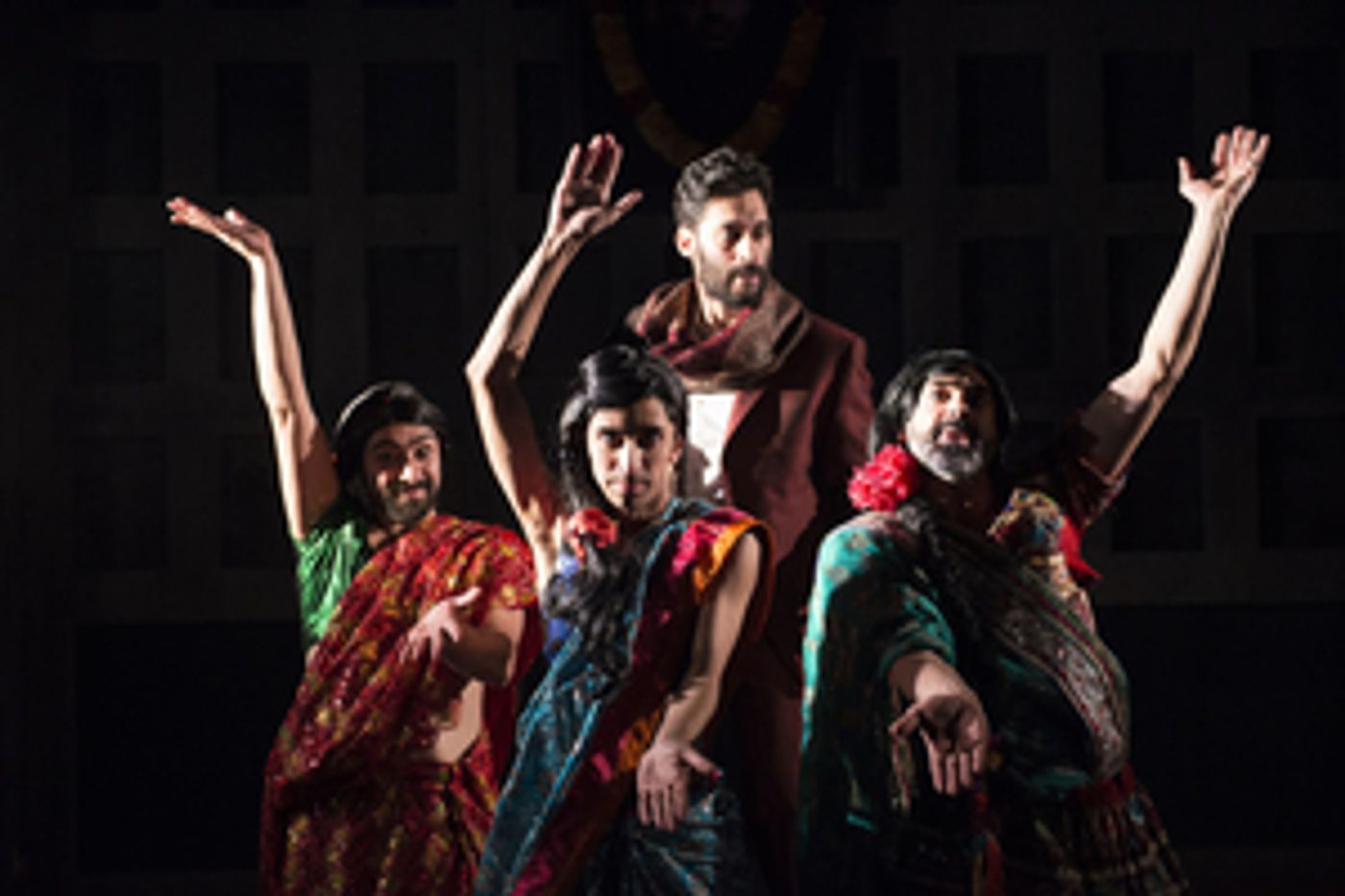
Ralph Birtwell and
John Afzal in Macbeth (2015)
That's it - that's where I exist and live on. We are surgeons of the soul. That's all we can give, and we don't know that we're actually shaping a soul. It's a gift that others bestow upon us. That's really what we're doing.
What are you most proud of?
At the moment I'm fantastically proud of what Tara Theatre does. I think it breathes and echoes everything that we strive for as a company. It talks across cultures, it exudes a great sense of home to whomever comes to work or is a visitor. For me, that's both an achievement and an absolute concern that its sense of it continues into the next 40 years, if not more.
What kind of advice would you give to an aspiring theatre-maker?
There's a kind of paradox which I've come to really enjoy: "Hold on to your certainties with a vengeance - that's something we all have to believe, this is what I want to do and I'll do it! - but be prepared to let go of them lightly". One of the things that I like about that paradox is that you mustn't have a stain on your soul if something doesn't work out. You can have regrets, but don't feel that you've lost or done something irreparable.
That's a dialogue that you have to maintain with yourself to continue going, because it's very true that theatre is a poor art in monetary terms. You can get lots more fame and lots more money through other art forms. This shaping of the soul is something that you can't ignore, and that only this art form can give. Theatre is a human need. When we're children, the stories we get from our parents shape us, and that's what theatre is: we share stories.
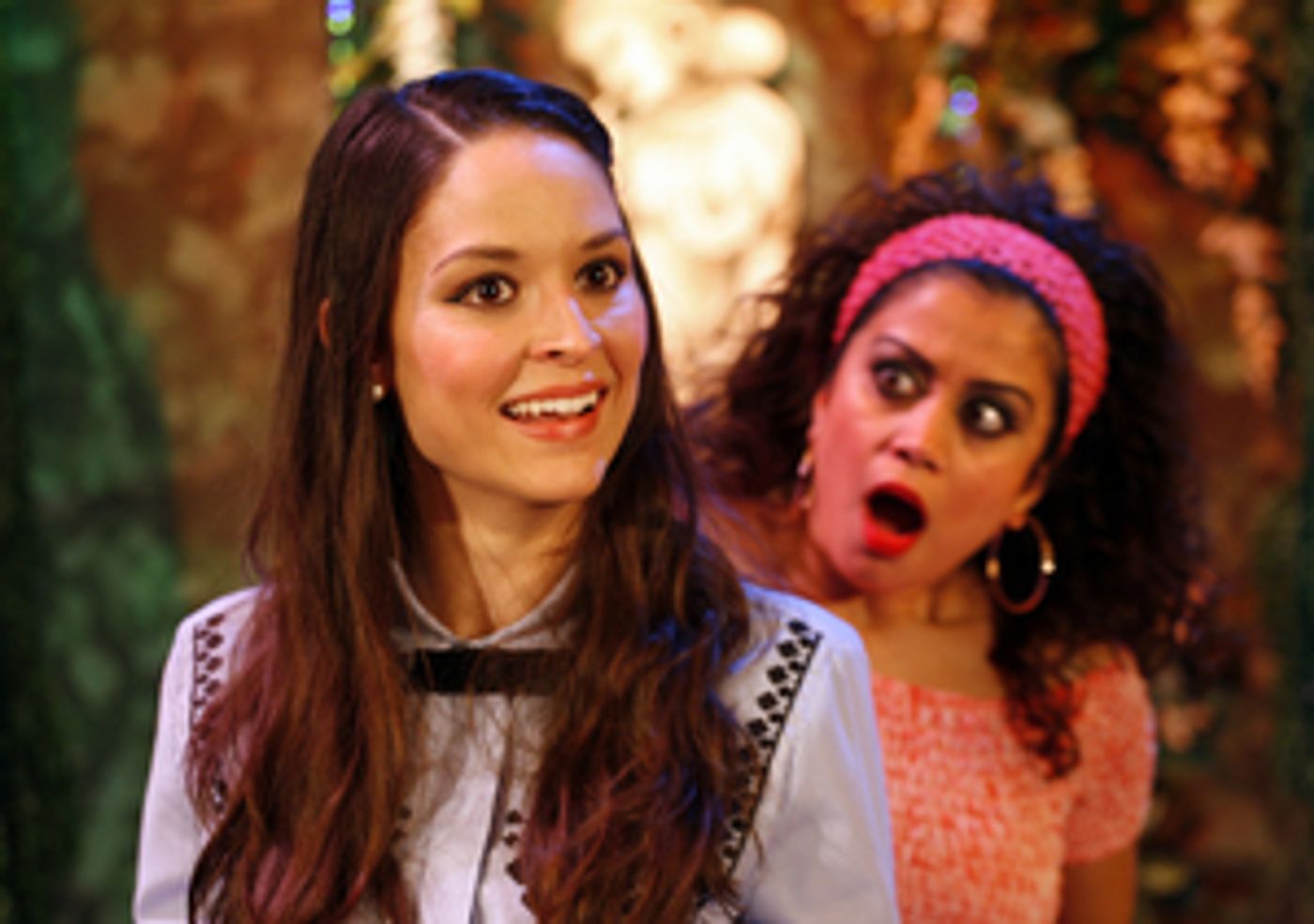
The Game of Love and Chai (2018)
If you had one wish for the theatre industry, what would it be?
I would want for every politician and funder to believe in the value of the theatre. In other words, that theatre is really valuable and therefore that they are prepared to put whatever their resources are to ensure it continues to thrive.
It's only in the theatre that varieties of people meet and share. These are the only churches of our age. Don't be frightened of the priests - which I think all actors and writers are. They have something to say that is invaluable for our development as human beings.
Take a look at everything Tara Arts do here!
Images courtesy of Talulah Sheppard, Stephen Vaughan, Simon Anand
Videos

